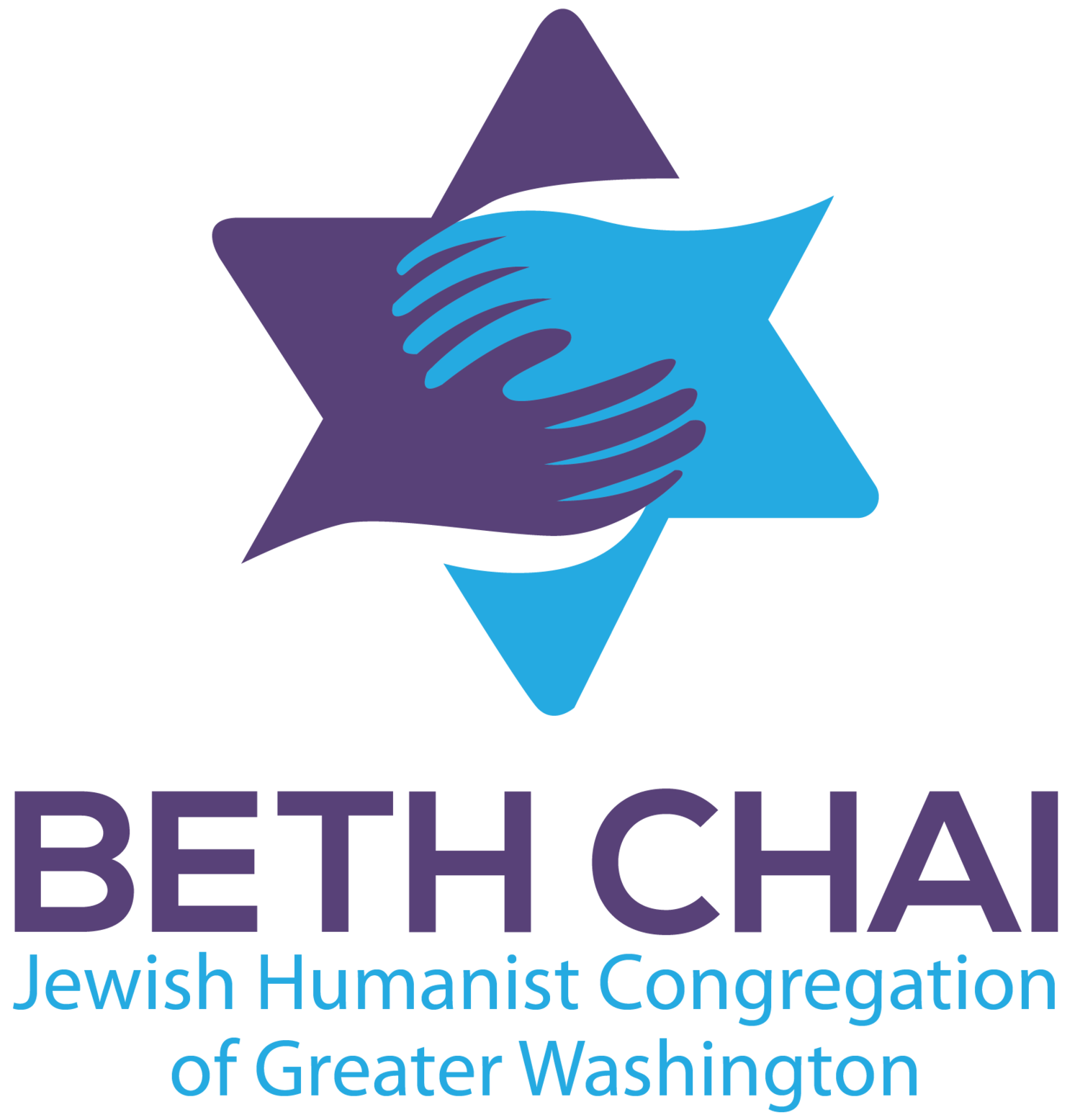It’s Tisha B’Av - What does that mean?
Tonight begins the commemoration of Tisha B’Av. Tisha B’Av means the “ninth” day of the Hebrew month of “Av.” According to Jewish lore, it’s the most tragic day in our history – the day that both the first and second Temples were destroyed in ancient Jerusalem plus a whole slew of other catastrophes, including the start of the first Crusade and the beginning of the deportation of Jews in the Warsaw Ghetto to the Treblinka Concentration Camp during WWII.
Traditionally, Tisha B’Av is marked with a 25-hour fast and the reading of the book of Lamentations from the Bible. For traditional Jews, although work is permitted on Tisha B’Av, celebrations or other joyous events are not allowed. During Tisha B’Av commemorations, it’s customary to have the lights dimmed and to sit on the floor at synagogue.
Some people wonder whether Tisha B’Av is a bit like Yom Kippur. It’s not, other than that fasting part of both days. Yom Kippur is personal and introspective where Tisha B’Av focused on the communal and historical.
Whereas Tisha B’Av isn’t really on the minds of most Humanist Jews or many progressive Jews for that matter, it is an important day for many more traditionally minded Jews. Whereas the historical context may resonate with Humanist Jews, the implication of some sort of divine coincidence typically does not.
I still do think it’s important to know about Tisha B’Av. Knowing about days like Tisha B’Av is part of, if not basic, then intermediate Jewish literacy.
Tisha B’Av also speaks to the Jewish psyche. We have a day set aside for remembering all the bad things that have happened to our people throughout history. While there is something troubling about this notion, but also something powerful – there is connection in the tragedies. As a community, we own these tragedies together and we get through them together. Jewish history includes a long line of bad events but our people have persevered through all of them.
This past year has been particularly difficult for the Jewish community.: the terror attacks of October 7, the increase in antisemitism, the continued grief, despair and tragedy unfolding in Gaza and the internal conflict in our community about how to react. Perhaps, this year, Tisha B’Av serves as a reminder: Our people faced tragedies and persecution and bloodshed in the past and got through it. And so will we.
